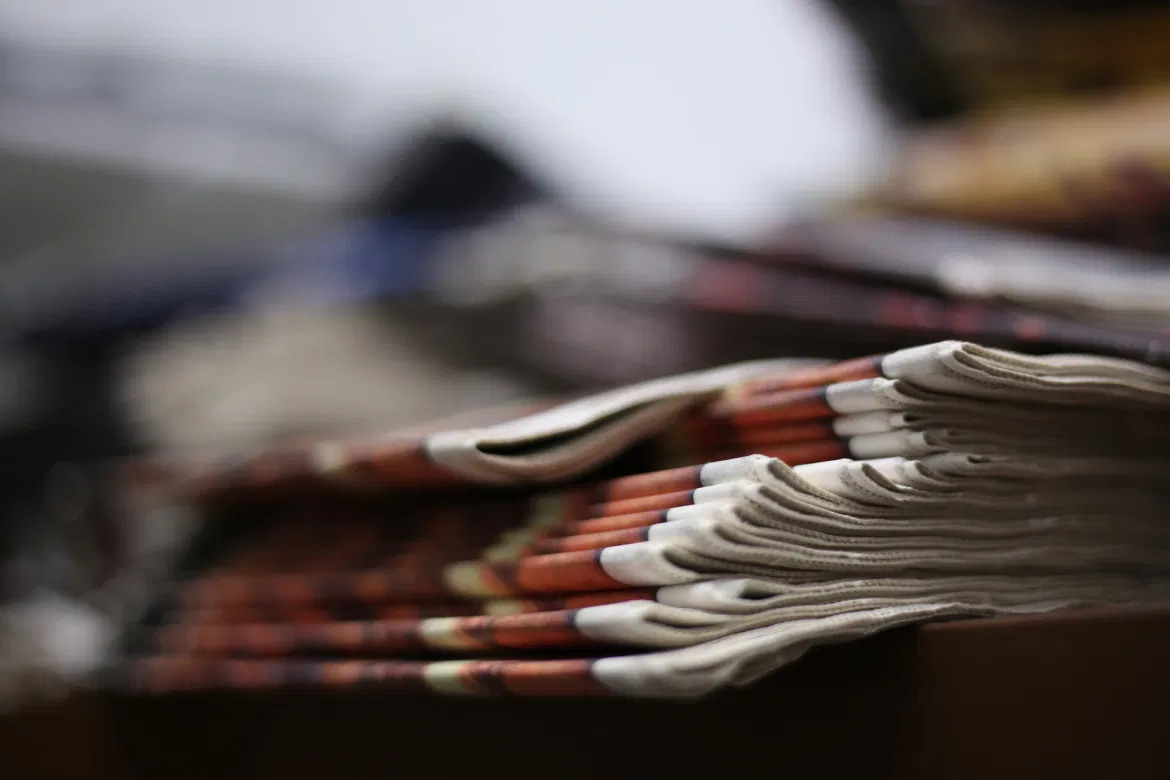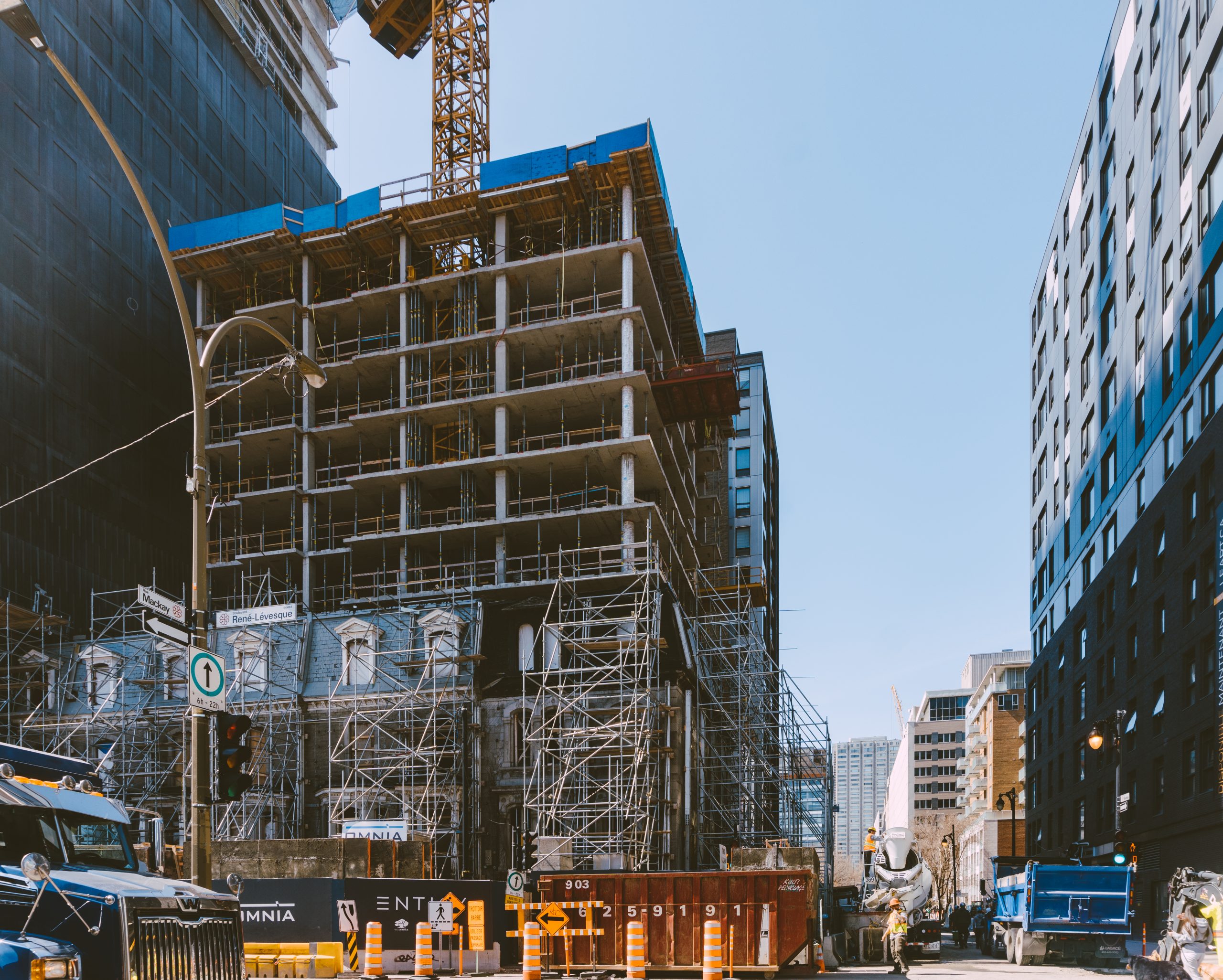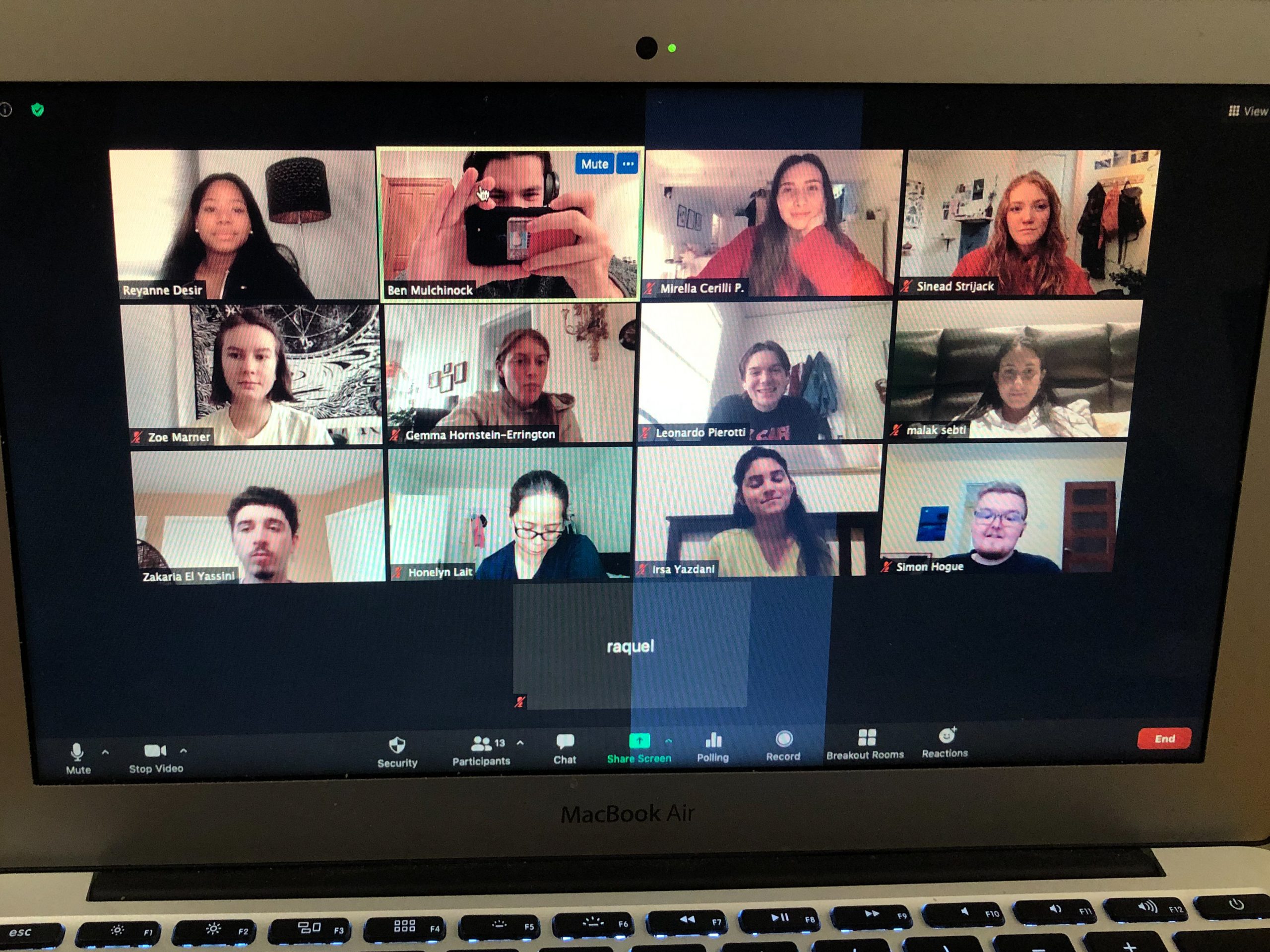“The fact that the ascetic ideal can mean so many things to man is indicative of a basic trait of the human will, its fear of the void. Our will requires an aim; it would sooner have the void for its purpose than be void of purpose” – Friedrich Nietzsche from The Genealogy of Morals, 1887.
People have many options for making their voices heard at Concordia. With access to four student newspapers and a variety of magazines, one may wonder what the point of having another student publication is.
Founder and editor-in-chief of student magazine, The Void, Ignacio Bazan believes its creation was necessary.
“[To] fill in the void. Concordia’s had a fair share of straightforward news and political debate printed in the pages of its two main weeklies,” says Bazan, a 24-year-old journalism student and liberal arts graduate.
“Then, you have the usual creative writing journal that no one reads, except for the people who publish stories in them,” he says.
“Broad as it sounds, we thought Concordia lacked a cultural magazine that gives writers and visual artists the possibility to expose their work to a larger, wider audience on a regular basis,” he says.
“We also wanted to provide a space for them to experiment with subject, style and form. Our job as editors consists of filtering those experiments to present them in a loose but coherent manner to the public.”
Bazan first approached Brandon Moores, a liberal arts student also studying English literature and creative writing student, and also Denise Dawn Hubert, a liberal arts and journalism student, in late 2001 with his idea.
They discussed, planned and solicited writers and funding throughout the winter, spring and summer of 2002, and the first issue of The Void was published in Oct. 2002.
The Void is looking to put out Volume 2, Issue 3 in mid to late January and aspires to become a monthly publication.
Diversity is key
Submissions are diverse and include student artwork and photography. Creative writing pieces consist of short stories. Literary journalism pieces are factual but creative in style and in format. Art discussion articles explore literature, music, film and visual arts and their relevance in modern culture. Each issue has a theme: the next one is about kitsch.
Themes are one thing. The name of the publication is another. The latter was inevitable.
“I liked the name because [it] is cryptic, perhaps mysterious, but it also has a meaning: to fill in the void that existed between publications of a journalistic and literary nature,” says Bazan.
Journalism editor, Hubert agrees and believes the sections of The Void are fairly well defined.
“People can usually tell the difference between journalism and creative writing,” says the 22-year-old. “Editorially speaking, the art discussion also falls under journalism, as it takes a journalistic approach more often than not. I was glad to break away from that with our recent spread on Montreal science fiction writers’ perspectives on the city.”
I don’t think art discussion has to be so journalistic. I think it can be much more than that, and I’m hoping some of our writers will be willing to try new things with it,” she says.
Trying something new
Being willing to try something new is partly why Hubert got involved when Bazan assigned her as journalism editor at their first editorial meeting.
“I figured I could stick with it for a while, until someone else got involved, because I didn’t think I wanted to devote all my free time to this project,” she says.
“Soon, I started having so much fun doing it that I didn’t mind the workload so much. It’s a really great project, and the team is just fabulous. I really can’t say that enough. Everyone is so hard-working, so talented and full of energy.”
The Void’s target audience is mainly the Concordia student population as well as professors and anyone who appreciates “arts-oriented” writing.
The list of funding sources includes the Concordia Student Union, Dean of Arts and Science Martin Singer, the Concordia Council for Student Life, the Liberal Arts College and the English Department.
The Arts and Science Federation of Associations and Art Matters have contributed through buying ads. Promotional support has come from the Concordia Association of Students in English, the Journalism Department, the Journalism Students’ Association and the Liberal Arts Society.
Despite The Void’s short existence, Moores, 23, who is the treasurer, is happy its endeavours are not going unnoticed.
“The best moments, of course, are when somebody reads the magazine and decides to send along something that they’ve written; it’s a very nice feeling knowing that people feel strongly enough about the magazine to want to contribute to it,” he says.
“Immediately after that, are the occasional responses to articles, editorials or stories. These are relatively rare, but again, it’s nice to know that people are interested in what we’re printing. It’s worth noting that while some people have written in to disagree with an article or editorial, none have taken issue with the magazine itself, which seems to indicate that people approve of the idea, if not all of the ideas printed in it.”
Something else pleasantly surprised Hubert.
“What encapsulated it for me was something my best friend told me over the phone…. She picked up the last copy of The Void and showed it to her brother. He’s into mechanics… [and] doesn’t really like reading,” she says.
“Well, she told me he sat down and read my article because he knows me. Then, he started flipping through and read the rest of the magazine in its entirety, on the spot. I think it’s great that we can print pieces good enough to be able to grab someone’s attention and keep them reading, even if they normally don’t read,” she says.
While The Void is accomplishing its mission of providing Concordians with an interesting read, it still has a pressing challenge to deal with.
“Our newest mission [is] to pass the torch to younger students, so The Void keeps thriving after we graduate this year.”
“We’d hate to see The Void die after we leave,” says Bazan.
*******************
If you are interested in writing for The Void, you can contact Ignacio Bazan at [email protected], Denise Dawn Hubert at [email protected] and Shanti Maharaj at [email protected].



